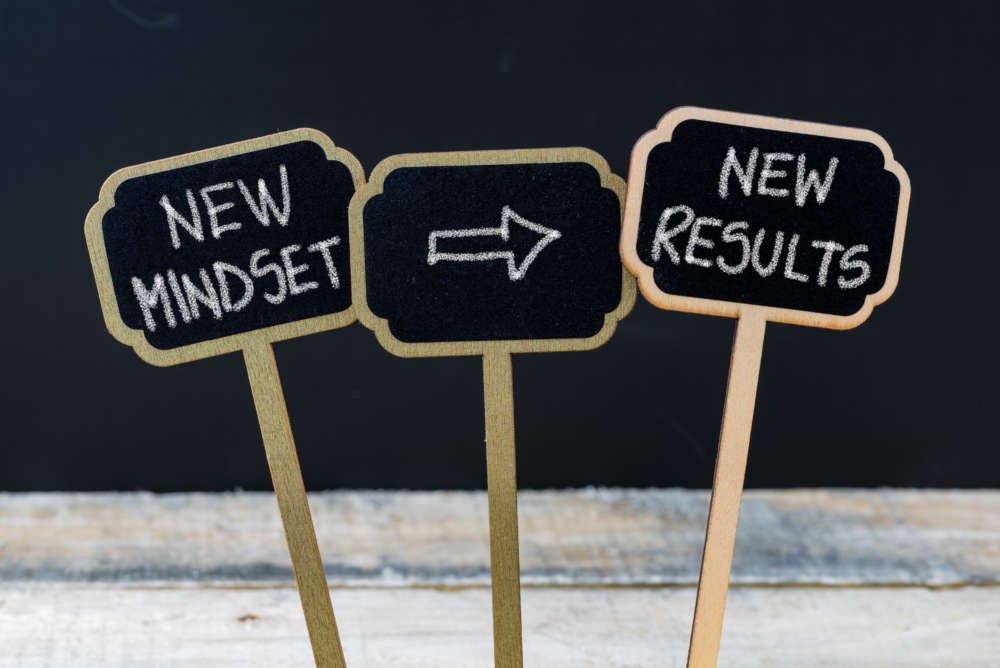Covid-19 and reputation: A new reality for business
Published by gbaf mag
Posted on June 17, 2020
4 min readLast updated: January 21, 2026

Published by gbaf mag
Posted on June 17, 2020
4 min readLast updated: January 21, 2026

By Alberto Lopez Valenzuela, Founder and CEO, alva, and author of The Connecting Leader
While there is much talk of the world “returning to normality” with the worst of Covid-19 now hopefully behind us, it seems unlikely that society will allow businesses to simply revert to how they behaved before.
Having been plunged into uncertainty by Coronavirus, businesses have been rapidly rethinking their stakeholder management priorities, conscious that the corporate reputation rulebook is being rewritten. Some are already showing they have learnt from these valuable lessons as the Black Lives Matter crisis unfolds.
My assessment is that we’re now in the middle of a second distinct phase of the changes initiated by Covid-19, and will sooner or later be moving into a third, fourth and final phase. And after that, a new reality will emerge.
Each of these phases has seen the needs of different stakeholder groups come to the fore, prompting corresponding corporate responses.
Shock and survival
Roughly corresponding with the second half of March and most of April, the early Shock Phase involved an outpouring of altruism from businesses in all sectors, committed to doing the right thing, whatever the cost.
The stakeholder groups that were the focus of this charitable period were society at large, the local communities surrounding a given business, and key workers, especially those in healthcare. Empathy and solidarity were the order of the day; resources were redirected into healthcare, to support the vulnerable with donations, and to allow payment holidays.
In late May, businesses moved into the Existential Phase. Here, the stakeholders most in focus were company employees, as decisions had to be made about whether furloughed staff could be retained, and how best to ensure job security.
In making pragmatic decisions for their survival, the importance of each company’s people – and who could and could not do be done without – had to be weighed up. This evolved into a focus on employee health and wellbeing, as firms attempted to ensure that staff were protected, safe and comfortable as they moved to reopen their businesses.
Recovery, then letting our hair down
Around late June, we’re likely to enter the Recovery Phase, with businesses turning their attention to the chance to reopen and recoup some of the losses experienced during the worst of the crisis.
This will mean a refocus on financial stakeholders – companies will seek to assuage shareholder concerns on their viability. Decisions over whether to pay out dividends or channel cashflow back into the business will become front-page news, while firms will also look to project an image of ‘business as usual’, ahead of this actually having been realised. Shareholders’ needs have come under scrutiny, and their dominance as the primary stakeholders in business decisions has been seriously questioned.
Sooner or later, we’ll enter the Pent-up Demand Phase. After suffering the deprivations of lockdown, demand for pre-Covid luxuries will soar. People are likely to feel they deserve that big night out, the rush of retail therapy, or a long-awaited holiday abroad. And as financial hardships will mean many consumers’ spending power is reduced, companies will need to be especially creative as they jockey for position to be the beneficiaries of this wave of spending.
We might repeat the above cycle, or parts of it, more than once.
But in time, we will get to the New Reality, a post-pandemic take on capitalism that may well rewrite the rules of business as usual. Through the phases of business response to Covid-19, it was demonstrated that companies were generally able to rebalance their stakeholder focus as events shifted.
The virus has proved that the business world is able to step away from hierarchical shareholder-centric capitalism in which financial stakeholders are always the top priority, and move towards a model in which stakeholder prioritisation is fluid and based upon shifting needs.
This more stakeholder-focused model would mean businesses positioning themselves as part of society, with equal responsibilities to employees, customers, the community and their shareholders, rather than solely as a conduit for channelling profits to investors.
It would build on the growing emphasis on environmental, social and governance (ESG) issues, and we may begin to see increased finance streams being redirected into fair employee pay, community programmes and enhanced customer service.
The trade-off for shareholders on the receiving end of reduced dividends is simple, and very attractive – a stake in more robust businesses that are better able to survive whatever the future brings.
If so, the Coronavirus may ultimately be remembered as the catalyst for the realisation of a fairer, more enlightened form of capitalism that allows society and the planet as a whole to thrive.
Explore more articles in the Business category











